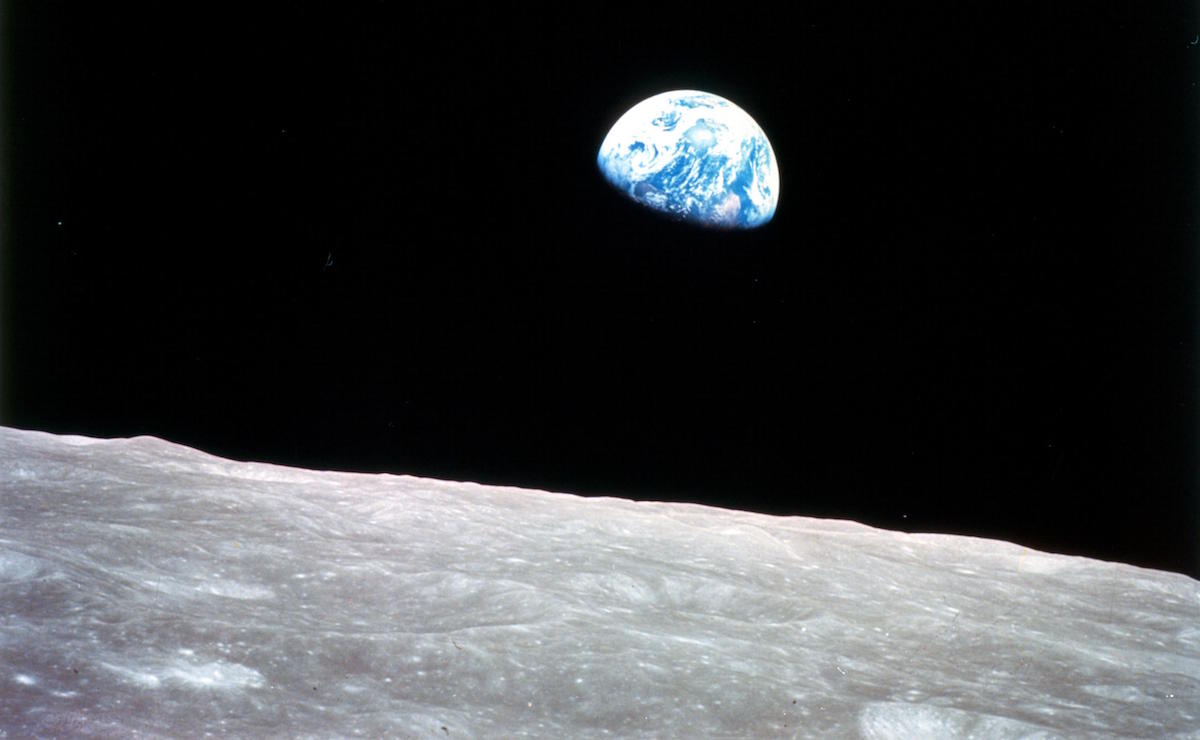President Trump, a climate-change skeptic, displayed some confusion on the subject in a recent interview. “There is a cooling and there’s a heating,” Trump told Piers Morgan in an interview with ITV News. “I mean, look, it used to not be climate change, it used to be global warming. That wasn’t working too well because it was getting too cold all over the place.”
On the subject of the polar ice caps, he said: “The ice caps were going to melt, they were going to be gone by now, but now they’re setting records. They’re at a record level.”
Trump’s assertions were not only untrue — the planet is not getting colder, and the ice caps are definitely shrinking — they displayed a fairly common misunderstanding: That “climate change” is just the newfangled way to say “global warming.”
They are, in fact, two different things.
Take it from climate.gov: “Global warming refers only to the Earth’s rising surface temperature, while climate change includes warming and the “side effects” of warming—like melting glaciers, heavier rainstorms, or more frequent drought. Said another way, global warming is one symptom of the much larger problem of human-caused climate change.”
(That was published on the official government website on June 2015 and comports with scientific consensus; we have to note this because the Trump administration has scrubbed mentions of “climate change” and softened terminology on a number of government sites.)
In terms of global warming, there has been an upward trend in temperature across the entire planet beginning in the early 20th century, and particularly since the 1970s, because of “an increase in fossil fuels since the Industrial Revolution,” says NASA. Since 1880, the average surface temperature of the earth has risen 2 degrees Fahrenheit. “Scientists believe most and probably all of the warming since 1950 was caused by the human release of greenhouse gases,” says the “New York Times.” “If emissions continue unchecked, they say the global warming could ultimately exceed 8 degrees Fahrenheit, which would transform the planet and undermine its capacity to support a large human population.”
That would be due to the effects of warming, a.k.a. climate change. Scientists believe that over the next 30 years, the climate will be similar to today’s, but with more extreme heat waves, rainfall and coastal flooding, and fewer but more intense hurricanes and typhoons. But if carbon emissions aren’t reduced, “Scientists fear climate effects so severe that they might destabilize governments, produce waves of refugees, precipitate the sixth mass extinction of plants and animals in the Earth’s history, and melt the polar ice caps, causing the seas to rise high enough to flood most of the world’s coastal cities,” the “Times” reports.
Maybe Trump just needs a few good briefings. Another government agency, the National Oceanic and Atmospheric Administration, said that 2017 was one of the earth’s hottest years on record. NASA has said that the polar ice caps are at their lowest level since data began to be recorded in 1979.















